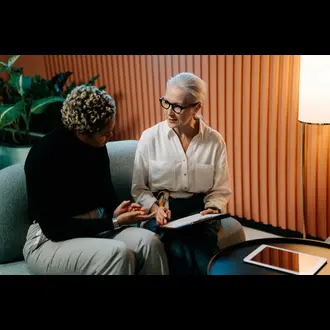ByOnlinecourses55

The path to more effective and constructive communication - conflict management
At the heart of conflict management lies the skill of communication. The way we express our ideas and, above all, how we listen to others, determines whether a disagreement becomes an opportunity or an obstacle. It's not just about speaking clearly, but about listening with the intention of understanding, not just responding. When a conflict arises, the first reaction is often to become defensive. However, effective communication requires a proactive approach, where you seek to understand the other person's perspective before presenting your own.
Effective communication in conflict situations relies on several key techniques. Using "I" instead of "you" is one of the most powerful. For example, instead of saying "You always do this wrong," it is more constructive to say "I feel the results are not meeting expectations." This minimizes the perception of an attack and allows the other party to listen without feeling judged. Active listening is another fundamental skill. It involves paying full attention to what the other person is saying, both verbally and through their body language. Confirming that you understand what has been said, by paraphrasing or summarizing, demonstrates respect and ensures there are no misunderstandings.
Furthermore, it is vital to learn how to manage emotions during dialogue. A conflict can generate frustration, anger, or anxiety, and allowing these emotions to dominate the conversation will only make things worse. The first step is to recognize these emotions in yourself and others. Taking a moment to breathe or asking for a short break can be crucial to regaining composure. The goal is not to suppress emotions, but to manage them so they don't impede a productive conversation.
Mastering these communication tools will not only help you resolve existing problems, but also prevent them. By fostering an environment of respect and mutual understanding, disagreements are handled more smoothly and relationships, both professional and personal, become stronger. Investing in your communication skills is, in essence, an investment in your own success and well-being. Learning to communicate constructively will open doors and give you the confidence to face any challenge with a solution-oriented mindset.